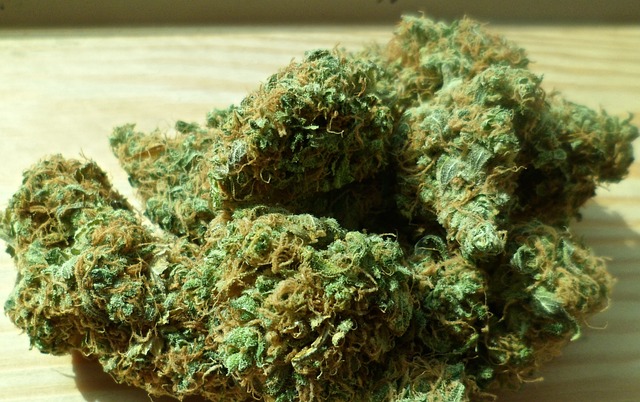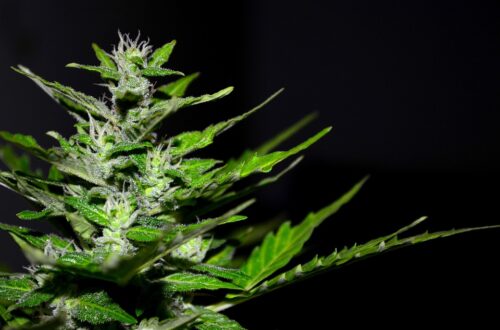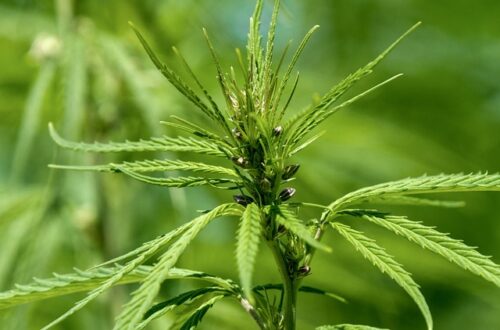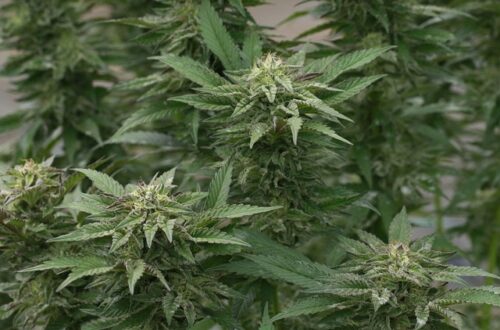THCa Flower Explained: The Non-Psychoactive Cannabis Option
The world of cannabis is vast and varied, offering a range of products that cater to different needs and preferences. Among these, THCa flower has emerged as a popular choice for those seeking the benefits of cannabis without the psychoactive effects. This article explores what High-quality THCa flower is, its benefits, and how it stands out in the cannabis market.
Understanding THCa: The Basics
THCa, or tetrahydrocannabinolic acid, is a cannabinoid found in raw cannabis plants. Unlike THC, which is known for its psychoactive properties, THCa does not produce a high. This is because THCa is the precursor to THC and only converts to THC when exposed to heat through a process called decarboxylation.
The Science Behind THCa
THCa is abundant in fresh cannabis plants. When the plant is dried and cured, THCa slowly converts to THC. However, when consumed raw, THCa remains in its non-psychoactive form. This makes it an attractive option for those who want to experience the therapeutic benefits of cannabis without altering their mental state.
Benefits of THCa Flower
THCa offers a range of potential health benefits, making it a valuable addition to the cannabis market. Some of these benefits include:
- Anti-inflammatory properties: Research suggests that THCa may help reduce inflammation, which can be beneficial for conditions like arthritis and other inflammatory diseases.
- Neuroprotective effects: Studies indicate that THCa may have neuroprotective properties, potentially aiding in the prevention of neurodegenerative diseases.
- Anti-emetic effects: THCa has shown promise in reducing nausea and vomiting, making it a potential option for patients undergoing chemotherapy.
- Appetite stimulation: Like THC, THCa may help stimulate appetite, which can be beneficial for individuals with eating disorders or those undergoing treatments that affect appetite.
Case Studies and Research
Several studies have explored the potential benefits of THCa. For instance, a study published in the British Journal of Pharmacology highlighted THCa’s anti-inflammatory properties. Another study in the Journal of Neuroimmune Pharmacology discussed its neuroprotective effects, suggesting that THCa could play a role in managing neurodegenerative diseases.
THCa Flower vs. THC Flower
When comparing THCa flower to THC flower, the primary difference lies in their psychoactive effects. While THC flower is known for its ability to produce a high, THCa flower does not have this effect. This makes THCa flower a suitable option for individuals who want to avoid the psychoactive effects of cannabis.
Consumption Methods
THCa flower can be consumed in various ways, each offering different experiences and benefits:
- Raw consumption: Consuming raw cannabis allows users to benefit from THCa without converting it to THC. This can be done by adding raw cannabis to smoothies or salads.
- Juicing: Juicing raw cannabis is another popular method, providing a concentrated dose of THCa along with other beneficial cannabinoids and nutrients.
- Topicals: THCa-infused topicals can be applied directly to the skin, offering localized relief without psychoactive effects.
The Market for THCa Flower
The demand for THCa flower has been steadily increasing as more consumers seek non-psychoactive cannabis options. This has led to a growing market with a variety of products available, from raw flowers to THCa-infused topicals and tinctures.
Consumer Preferences
Many consumers are drawn to THCa flower for its therapeutic benefits without the high. This is particularly appealing to individuals who need to maintain mental clarity while managing symptoms such as pain, inflammation, or nausea.
Statistics and Trends
According to a report by Grand View Research, the global cannabis market is expected to reach USD 146.4 billion by 2025. Within this market, non-psychoactive products like THCa flower are gaining traction, driven by increasing awareness and acceptance of cannabis for medicinal purposes.
Conclusion
THCa flower represents a significant development in the cannabis industry, offering a non-psychoactive option for those seeking the plant’s therapeutic benefits. With its potential anti-inflammatory, neuroprotective, and anti-emetic properties, THCa is becoming an attractive choice for a wide range of consumers. As research continues to uncover the benefits of THCa, its popularity is likely to grow, solidifying its place in the diverse world of cannabis products.





